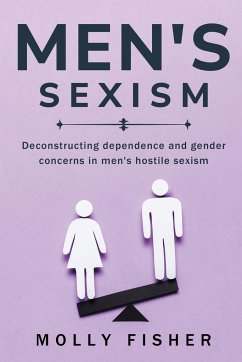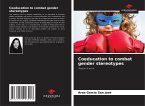Hostile sexism describes attitudes characterising women as deliberately attempting to emotionally exploit men and challenge men's power. Men who endorse hostile sexism often employ negative strategies to reduce any risk of exploitation and feelings of dependence, such as withdrawing from difficult conversations. However, no research has identified whether this occurs due to concerns about depending on women or concerns about depending on others more generally. My thesis tests how men's endorsement of hostile sexism is associated with experiences of seeking support across different types of support providers (e.g., men vs. women) and contexts of dependence (e.g., romantic partners vs. non-romantic close others). Chapter Two tested support-seeking in heterosexual people across a context of romantic dependence (i.e., relying on a partner; Study 1) and non-romantic dependence (i.e., relying on friends of mixed genders; Study 2). Across both studies, men who endorsed hostile sexism were more resistant to seek support from people they were more dependent on-but there was no evidence that resistance emerged more strongly for relationships with women (vs. men). Chapter Three presents an observational study testing links between people's endorsement of hostile sexism and their patterns of support behaviour from an unknown person to accomplish a joint task. Results did not reveal any evidence that situational dependence (i.e., not having the resources to complete a task) was associated with expected patterns of support seeking by heterosexual men who endorsed hostile sexism. Instead, men who endorsed hostile sexism were generally resistant to support when paired with other men rather than women. Chapter Four focused on romantic dependence by testing whether heterosexual men who endorsed hostile sexism received less support from their female romantic partners over time.







